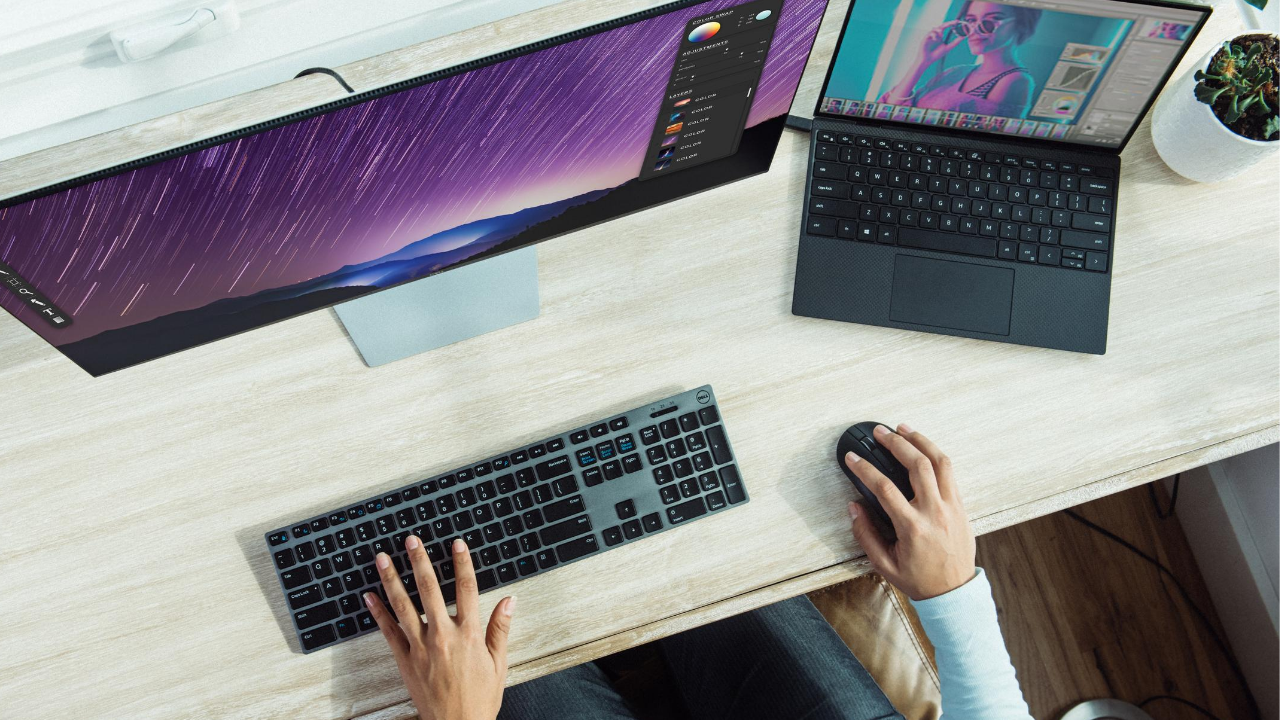Research from YouGov indicates that 32% of UK small and medium sized businesses have struggled to transition to remote working arrangements. But as the world remains in limbo and COVID-19 cases stay steady, companies will need to find ways to operate remotely or suffer from major losses.
Video conferencing tools are a good start as they provide employees a way to connect and meet virtually. Using resources such as Zoom, Slack or Microsoft Teams can help workers collaborate without risking the safety and health of colleagues.
Technology for both employers and employees is key to operating a business remotely. Without it, productivity and output can take a major hit. Tools such as laptops with webcams and microphones and reliable Wi-Fi can make the difference between a productive work day and stress-induced one.
The trend to a more digitized workplace has been expected for years, but the rate in which companies have been forced to adopt these resources was unexpected. However, in the long run, technology integration will have the ability to improve efficiency by taking over menial tasks and opening up a door of possibilities to upskill.
Overall, if organizations implement the proper tools and protocols for their employees, operations can continue in a more efficient and productive manner.



 Dr. Gleb Tsipursky – The Office Whisperer
Dr. Gleb Tsipursky – The Office Whisperer Nirit Cohen – WorkFutures
Nirit Cohen – WorkFutures Angela Howard – Culture Expert
Angela Howard – Culture Expert Drew Jones – Design & Innovation
Drew Jones – Design & Innovation Jonathan Price – CRE & Flex Expert
Jonathan Price – CRE & Flex Expert









